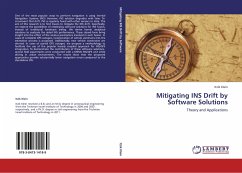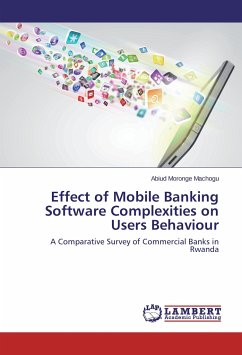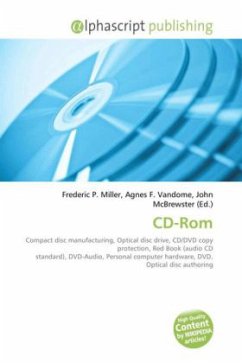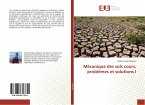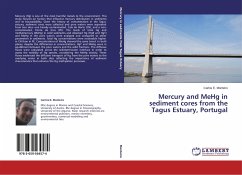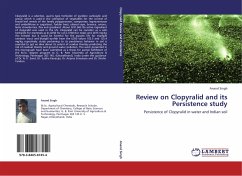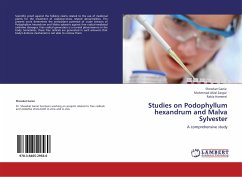One of the most popular ways to perform navigation is using Inertial Navigation Systems (INS). However, INS solution degrades with time. To circumvent that drift, INS is regularly fused with other sensors or data. The aim of this research is to find means to mitigate the INS drift. Specifically, we explore the possibilities of employing software solutions for INS fusion, instead of traditional hardware aiding. We derive herein analytical solutions to evaluate the aided INS performance. These closed-form bring insight into the effect of the various parameters involved in such fusion. In cases of complete GPS outages, incorporation of vehicle constrains into the estimation process is proposed. Additionally, new vehicle constraints are derived. In cases of partial GPS outages, we propose a methodology to facilitate the use of the popular loosely coupled approach for INS/GPS integration. To demonstrate the contribution of these software solutions, several field experiments were conducted with a MEMS INS/GPS unit while driving in urban environments. The results show that the proposed approaches provide substantially lower navigation errors compared to the standalone INS.
Bitte wählen Sie Ihr Anliegen aus.
Rechnungen
Retourenschein anfordern
Bestellstatus
Storno

